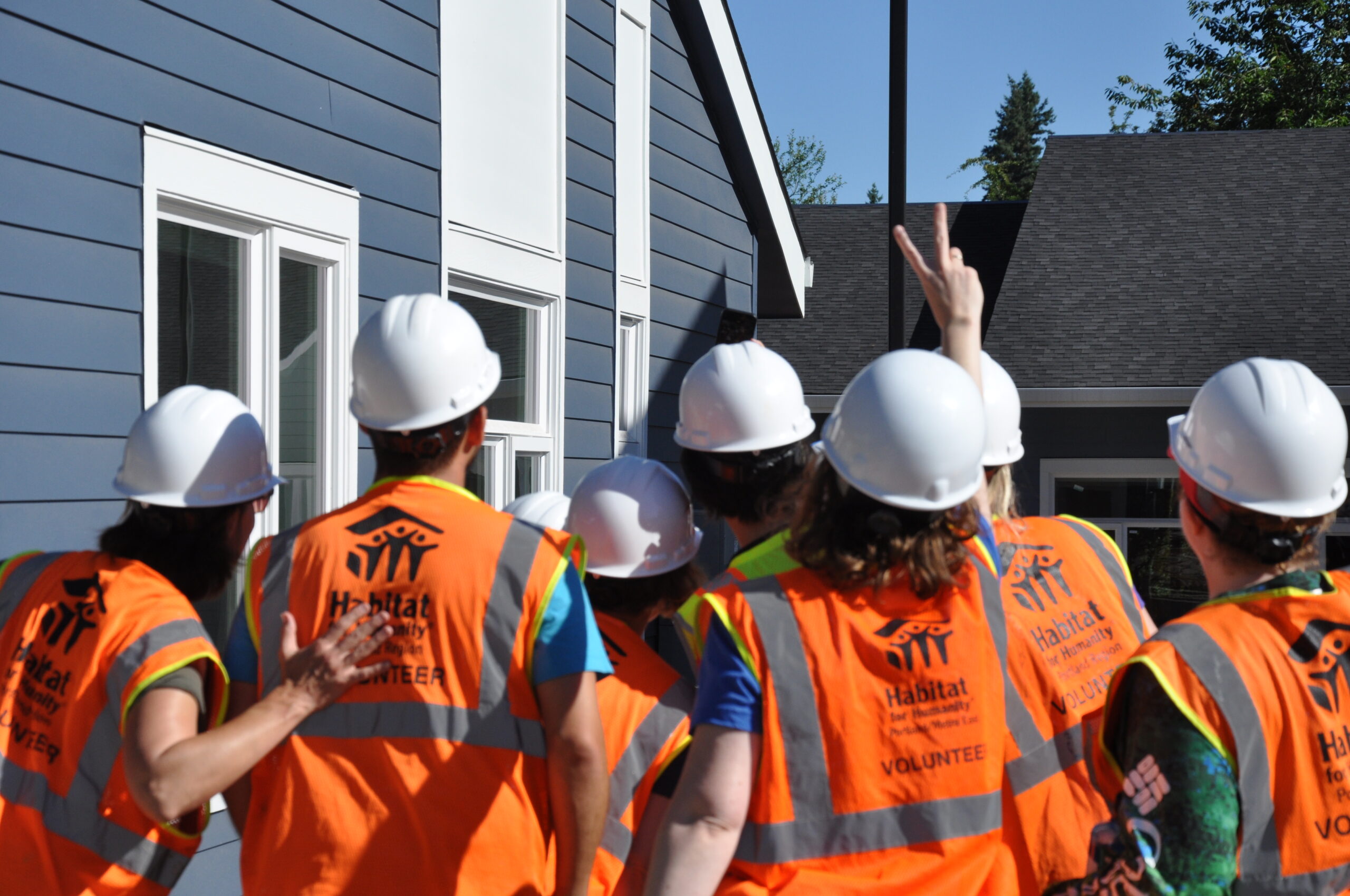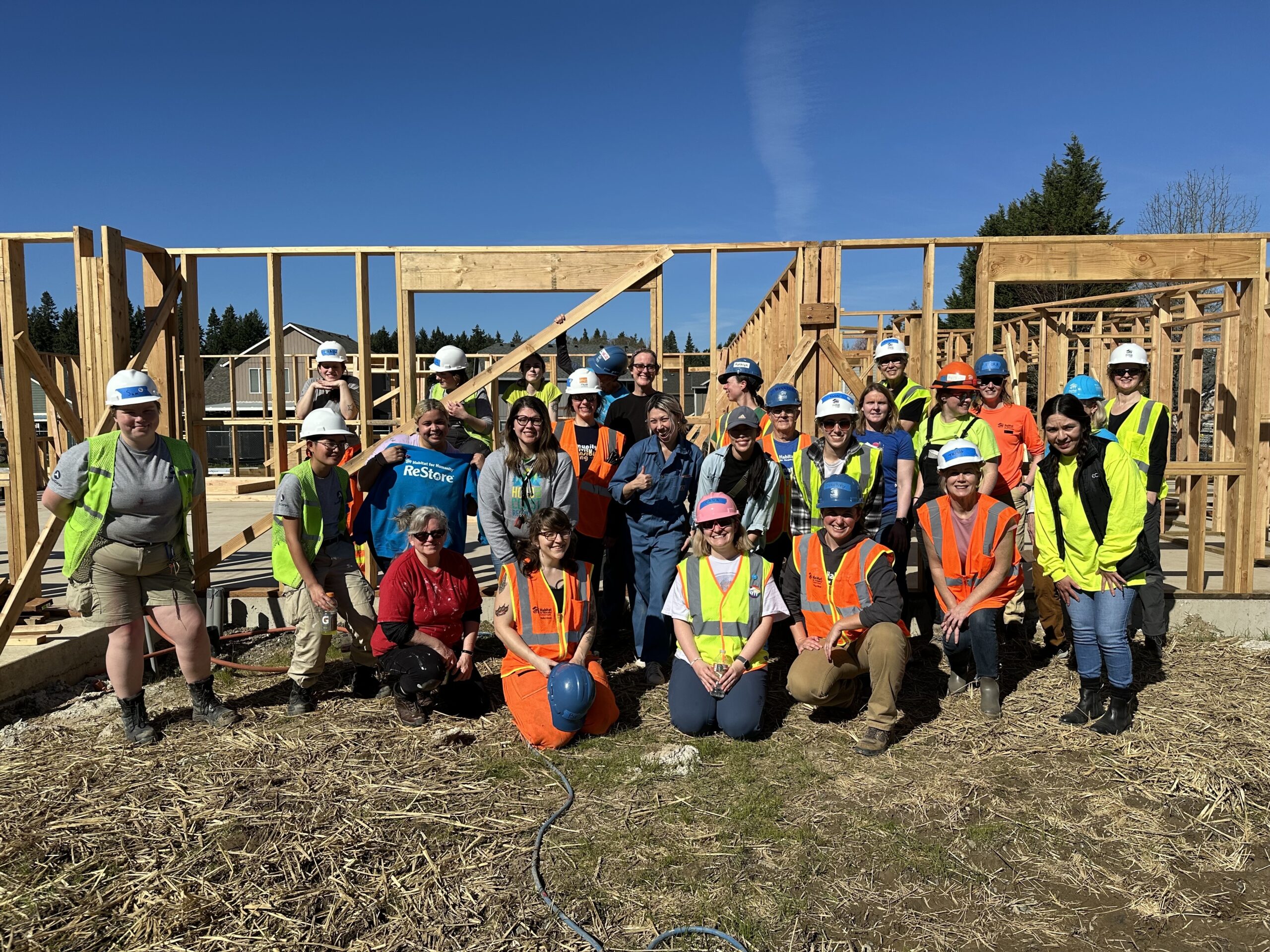The Fair Housing act was passed on April 11, 1968, only days after the assassination of Rev. Dr. Martin Luther King Jr. The legislation attempted to end growing segregation by making long standing discrimination practices by housing providers illegal. Upon signing the bill into law, President Johnson proclaimed, “At long last, fair housing for all is now a part of the American way of life. We have come some of the way—not near all of it.”

In its original form, the Fair Housing Act protected four different classes–race, color, religion, and country of origin—from discrimination when buying or renting a home or securing a mortgage. Sex was added as a protective class in 1974 and disability and familial status were included in 1988. The act applies to all aspects of the relationship between home providers and tenants. It also extends to other housing related activities such as advertising, zoning practices, and new construction design.
For decades, communities of color were the targets of unfair housing practices, creating highly segregated communities. These practices were instituted at every level of the housing spectrum. Redlining by lenders could make entire neighborhoods ineligible for mortgages or insurance, leaving them to rely on unscrupulous lenders. Housing developers could advertise their preference of race or skin color for new communities. Individuals could lie about housing availability or completely deny renters based on their race, color, or gender.
Senator William Brooke was the first African American popularly elected to the United States Senate. Working with Senator Mondale of Minnesota, he added the fair housing amendment as Title Vlll to the Civil Rights Act of 1968. The bill was a landmark for civil rights but the Senator cautioned, “Fair housing does not promise an end to the ghetto. It promises only to demonstrate that the ghetto is not an immutable institution in America.”
The assassination of Dr. King resulted in riots, arson, and looting in over 125 cities across the country. The time was right for change and President Johnson, along with Senator Brooke and Mondale, used the urgency of the situation to push the Fair Housing Act through a reluctant congress that had previously stonewalled its passing.

Housing Discrimination in Oregon
Up until 1926, Oregon forbid people of color from living within its borders. The Portland Realty Board’s code of ethics specifically forbade selling property to people of color until 1952. Redlining ran rampant and by 1960, 80% of the African American population lived in just a small area of Northeast Portland. In the early 1960’s, three projects removed what progress had been made by the community. The building of Memorial Coliseum bulldozed 476 homes largely owned by people of color, the building of I-5 cost hundreds more, and the Emanuel Hospital was built on top of an African American business district, demolishing another 300 homes. Twenty years later, a wave of dishonest lending by Dominion Capital in the 1980’s would add another burden to the already victimized and struggling community. African Americans continue to feel the effects of being disproportionately impacted by the subprime mortgage crisis a decade ago.
What’s ahead for Portland
In an attempt to correct past actions that marginalized and displaced longtime residents, the city of Portland developed the Affordable Housing Preference Policy. It aims to be a tool to help give housing priority to displaced households with generational ties to North and Northeast Portland. Many of Habitat for Humanity’s new home construction projects will fall under the preference policy umbrella, helping to bring affordable homes to the historically marginalized communities. Homebuyers will help build and then purchase their home with an affordable mortgage.
Despite the historic nature of the Fair Housing Act, opportunities for affordable housing are not equal across racial lines. There are zero neighborhoods affordable to rent or buy for the average black, Latino, and Native American families in Portland. Habitat for Humanity Portland/Metro East is working hard to help bridge the minority homeownership gap and provide opportunities for more families to help build strength, stability, and self-reliance.


